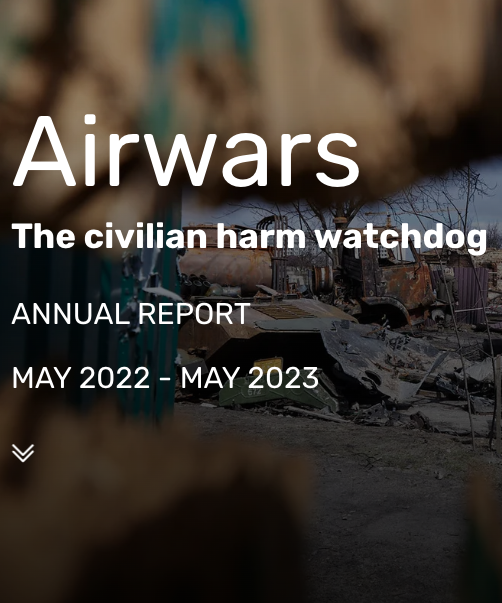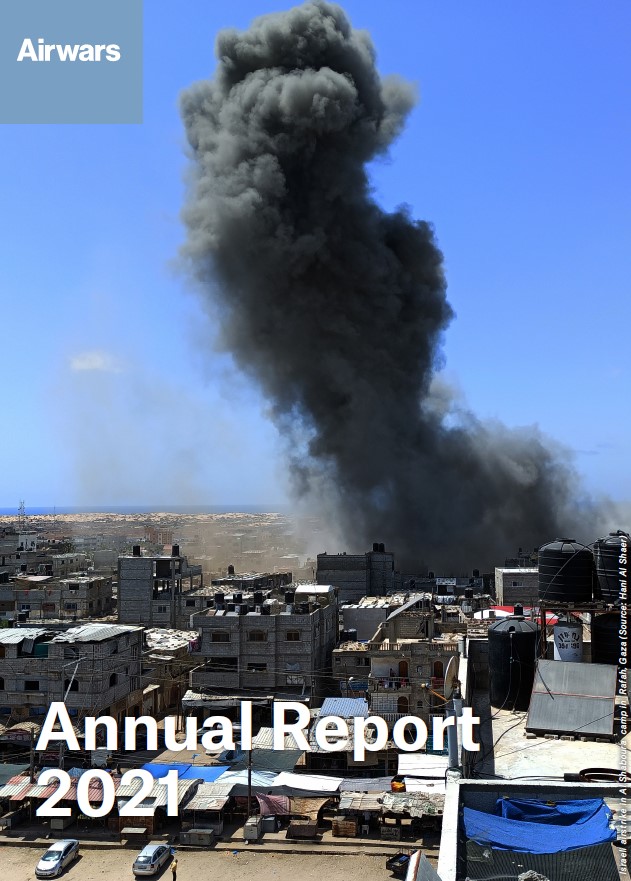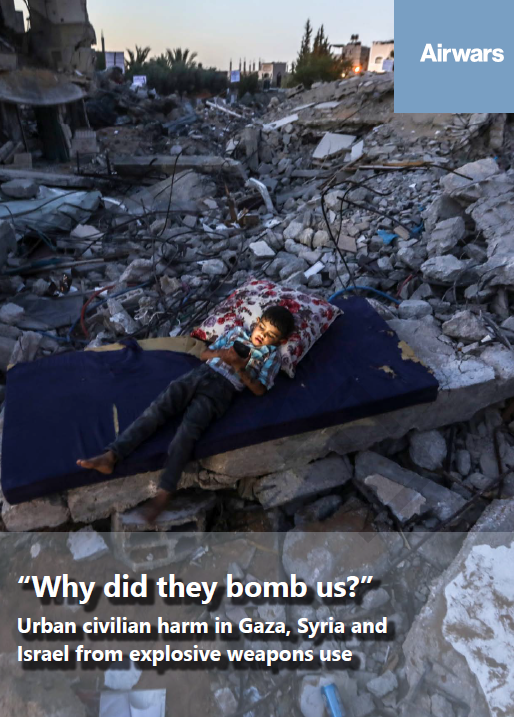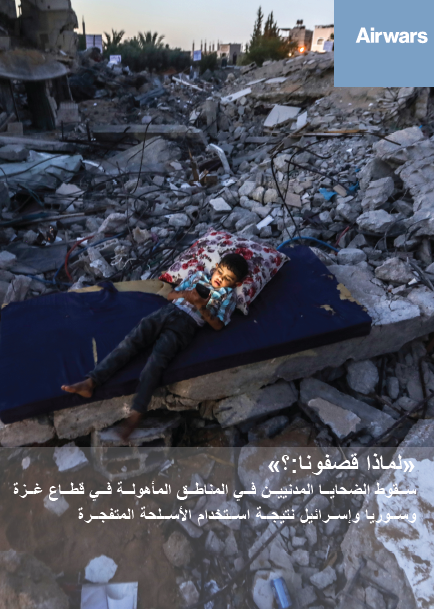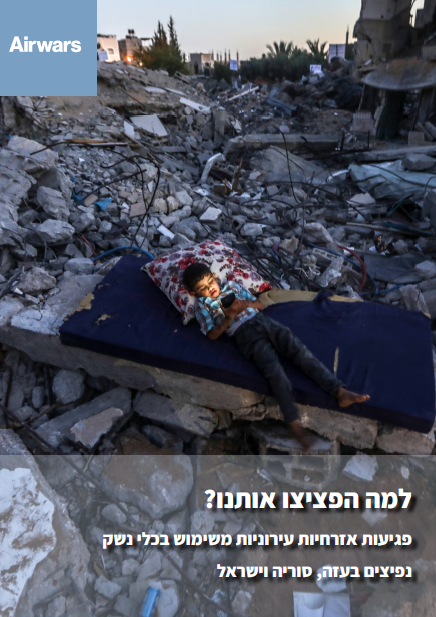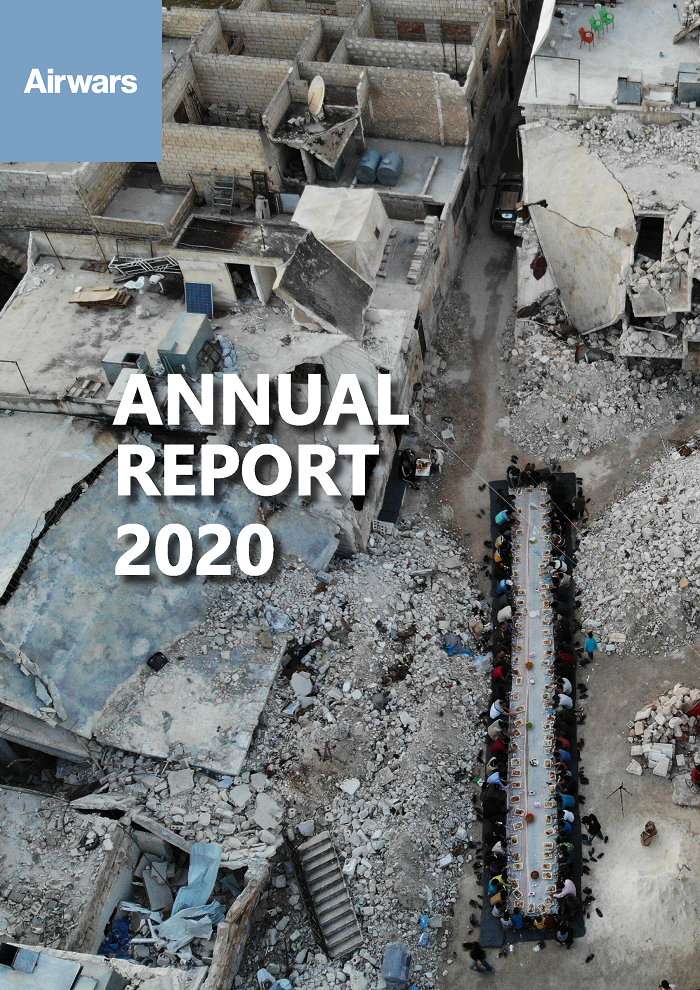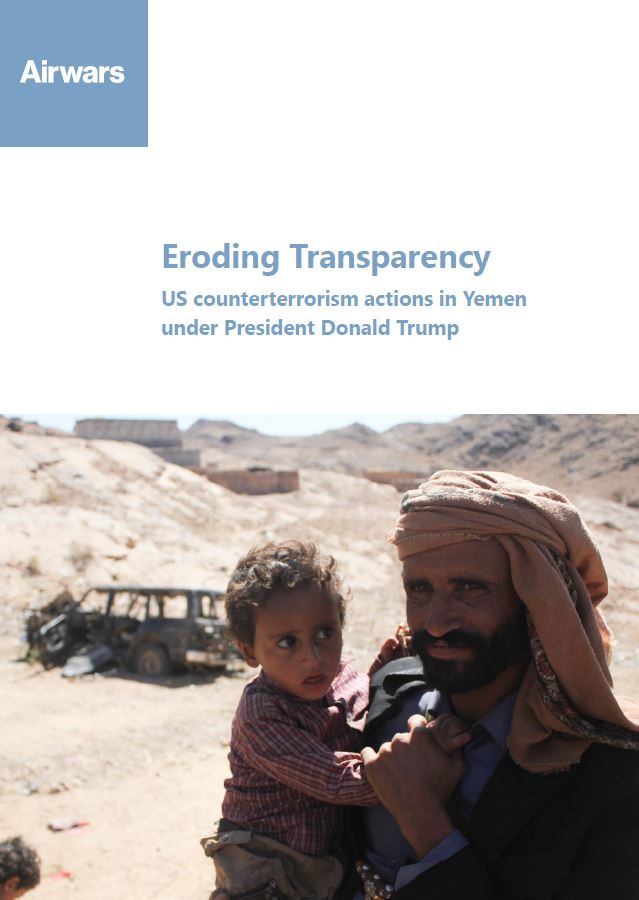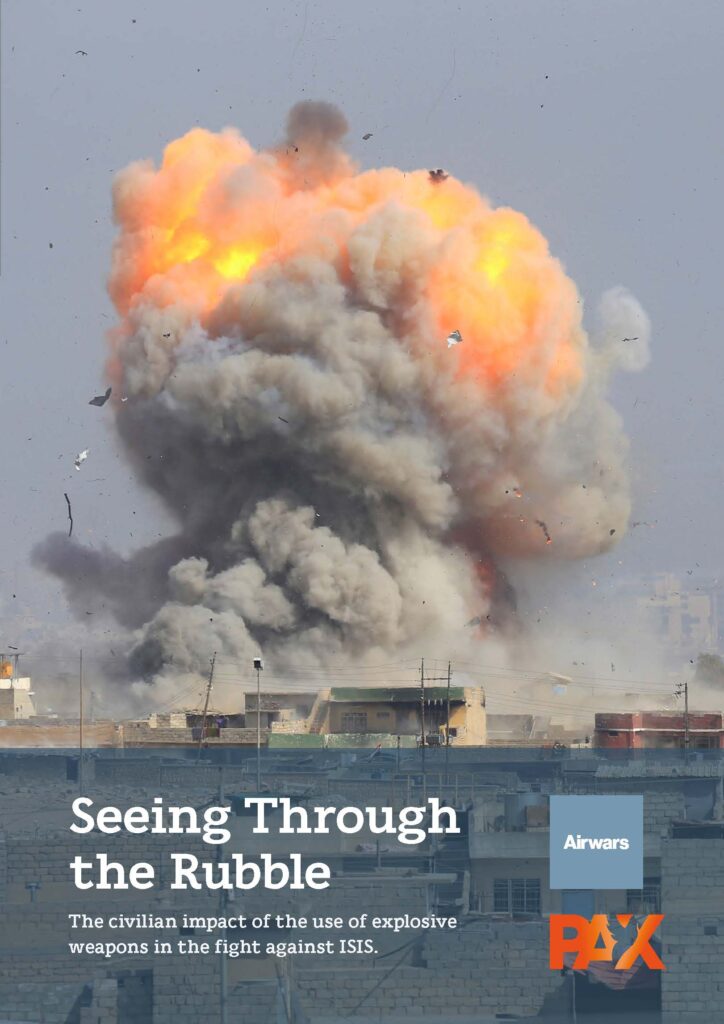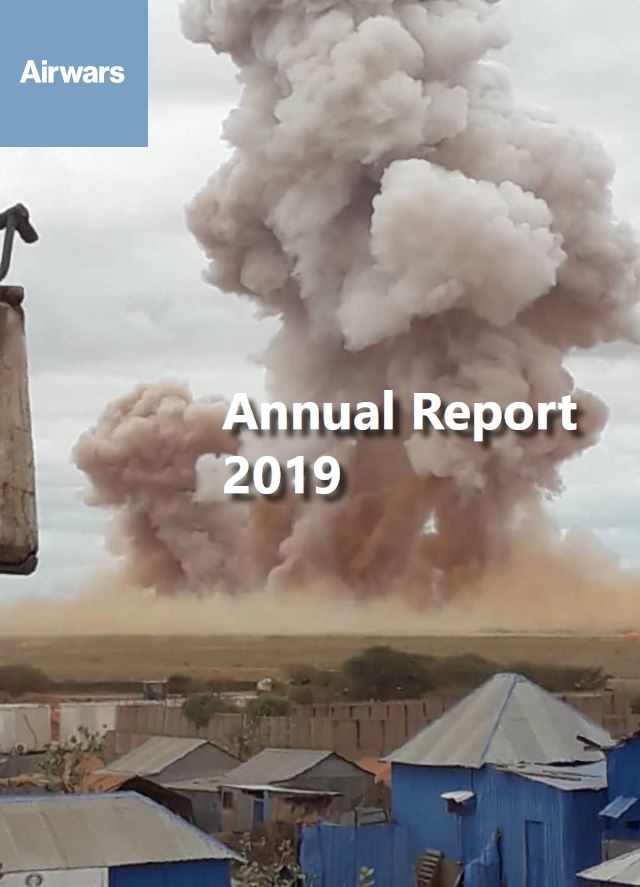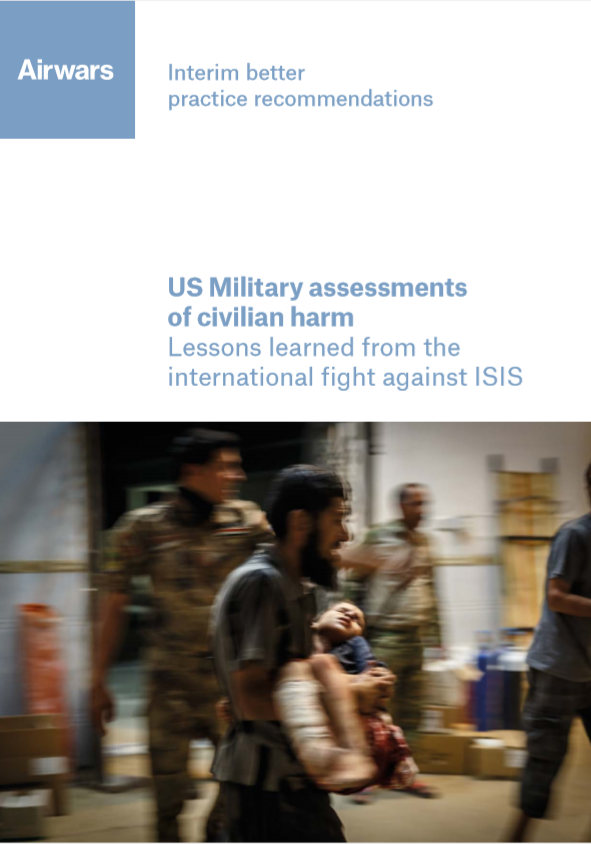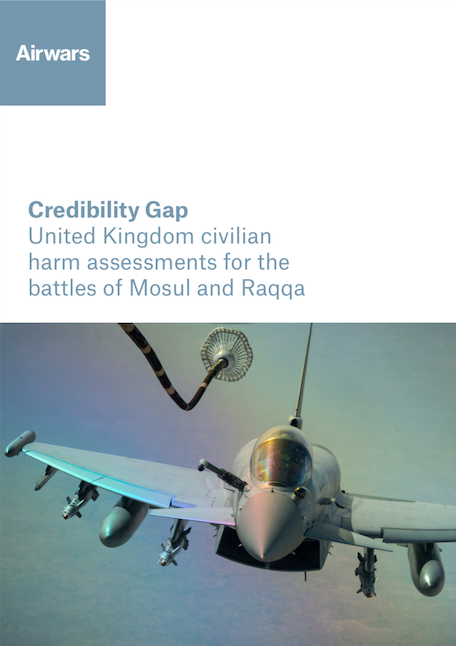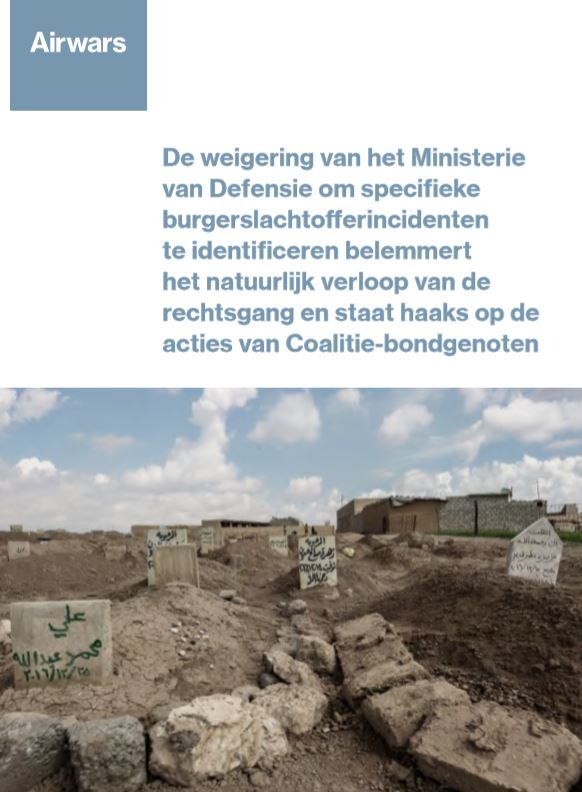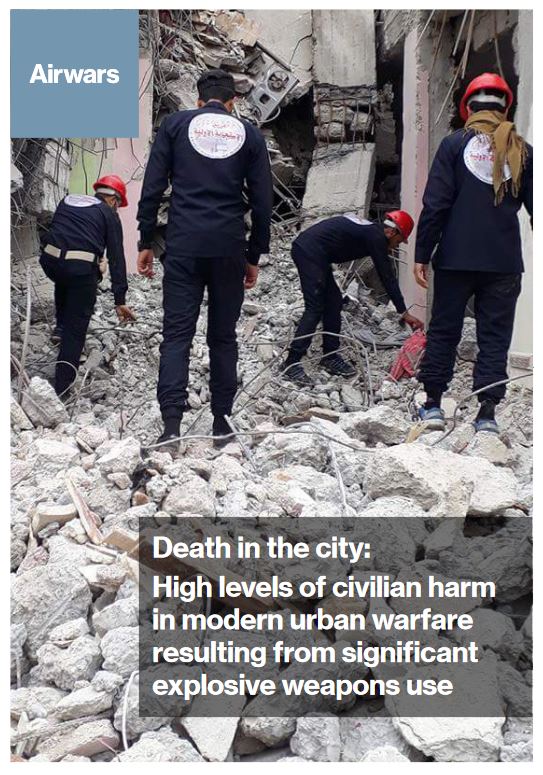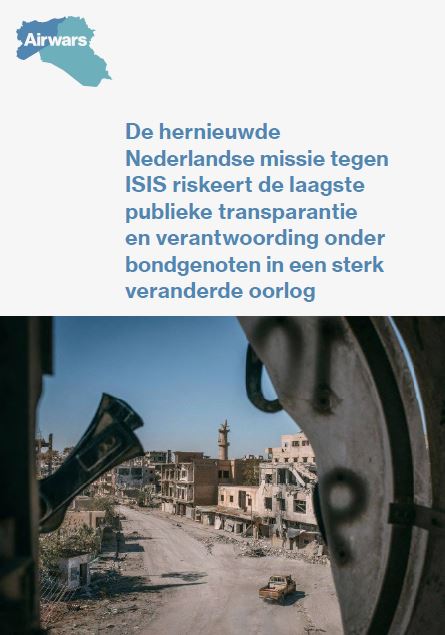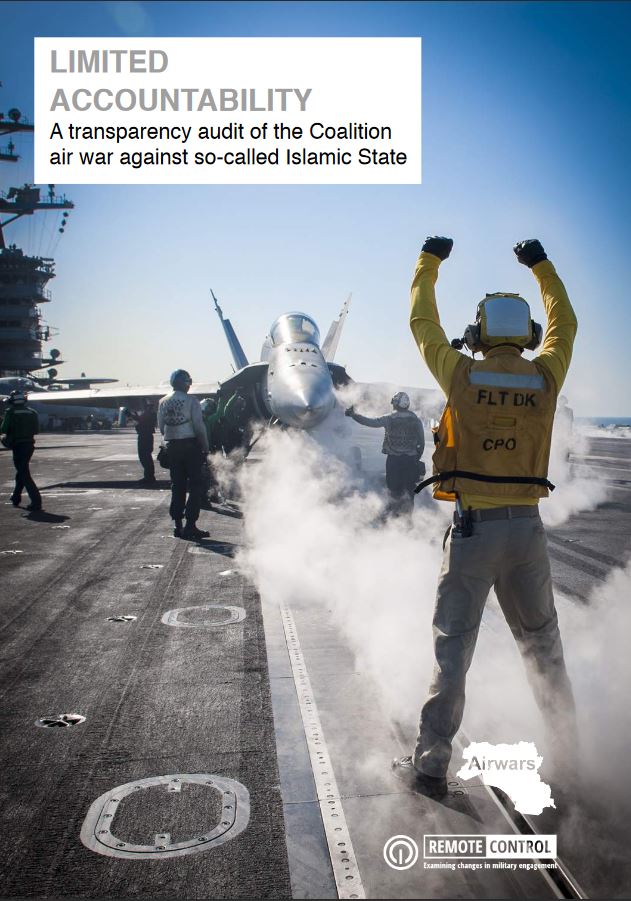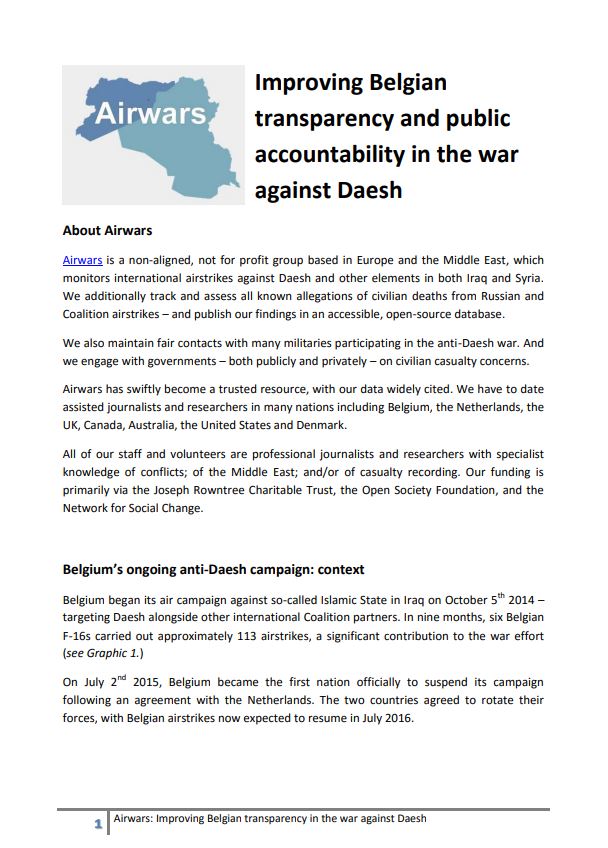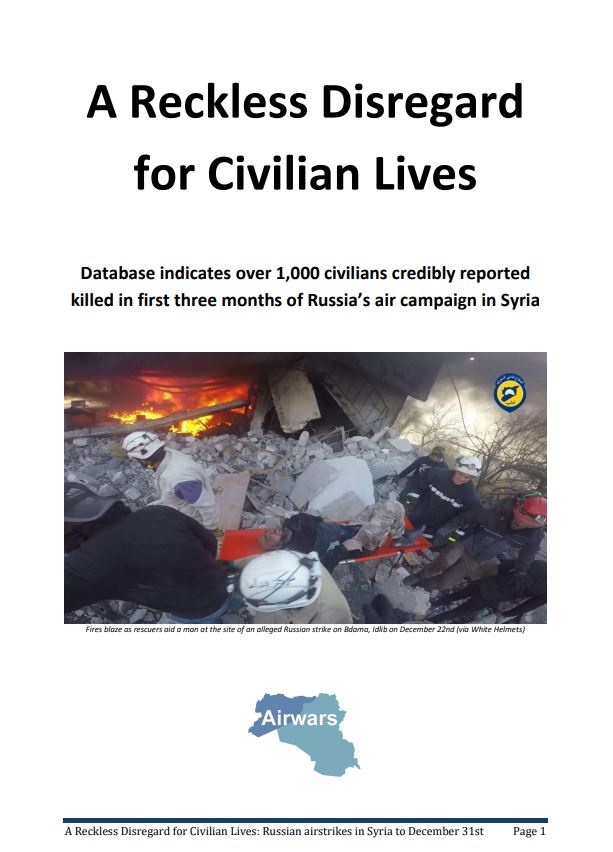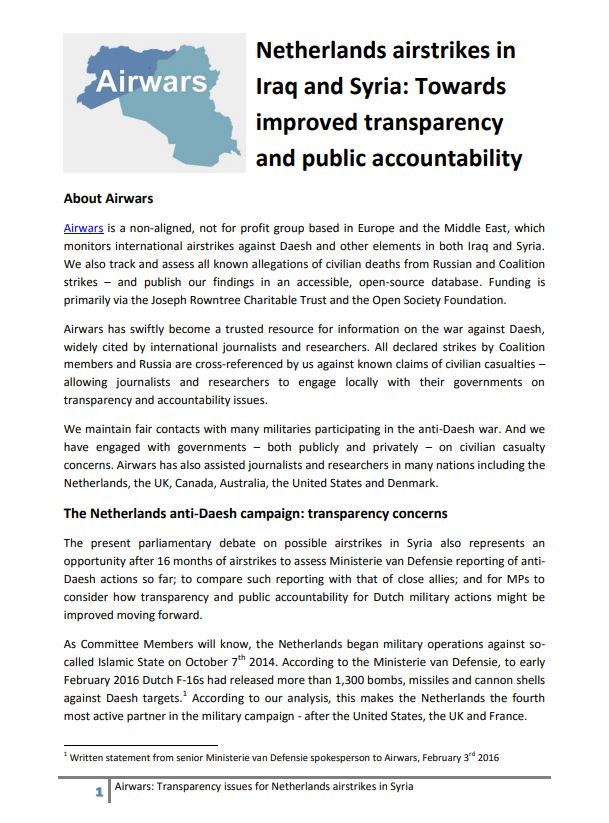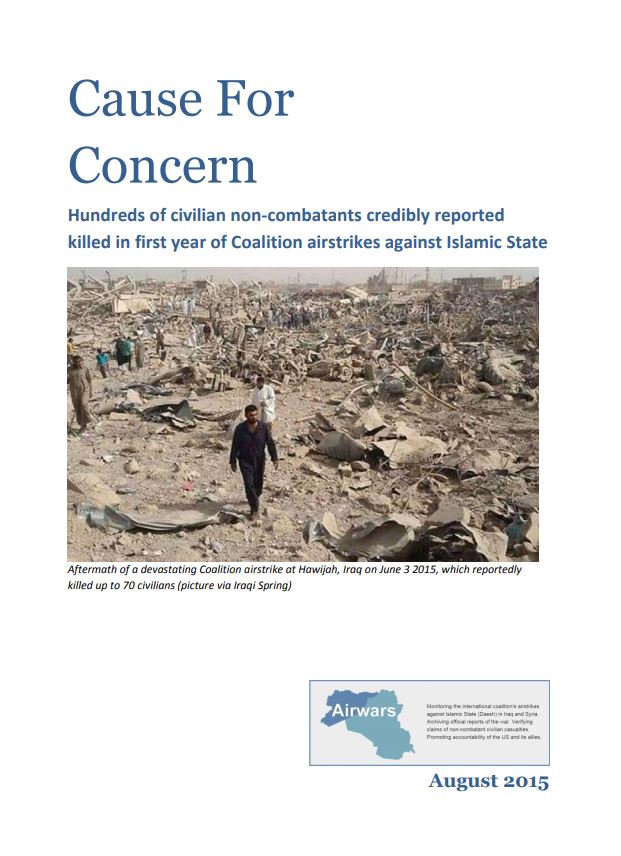Airwars research showed that at least 2,214 civilians were locally alleged killed by international military actions across Syria, Iraq, Libya, and Somalia during 2019 – a 42% decrease in minimum claimed deaths on the previous year. This sharp fall was largely because deaths from reported US-led Coalition actions plummeted following the territorial defeat of ISIS in Syria in March.
However, elsewhere civilians remained in significant danger. Russian strikes in support of the Assad regime claimed at least 1,000 lives in the fierce Idlib and Hama offensives. Meanwhile, Turkey’s invasion of northern Syria in October saw over 300 non-combatants alleged killed.
The year also saw alarming developments in Libya. From April, the Libyan National Army’s Tripoli offensive had a devastating impact on civilians. As more foreign powers joined the conflict, alleged deaths rose by an astonishing 720% on 2018. Almost half of all civilian deaths in Libya’s civil war since 2012 occurred last year. 2019 Annual Report.

